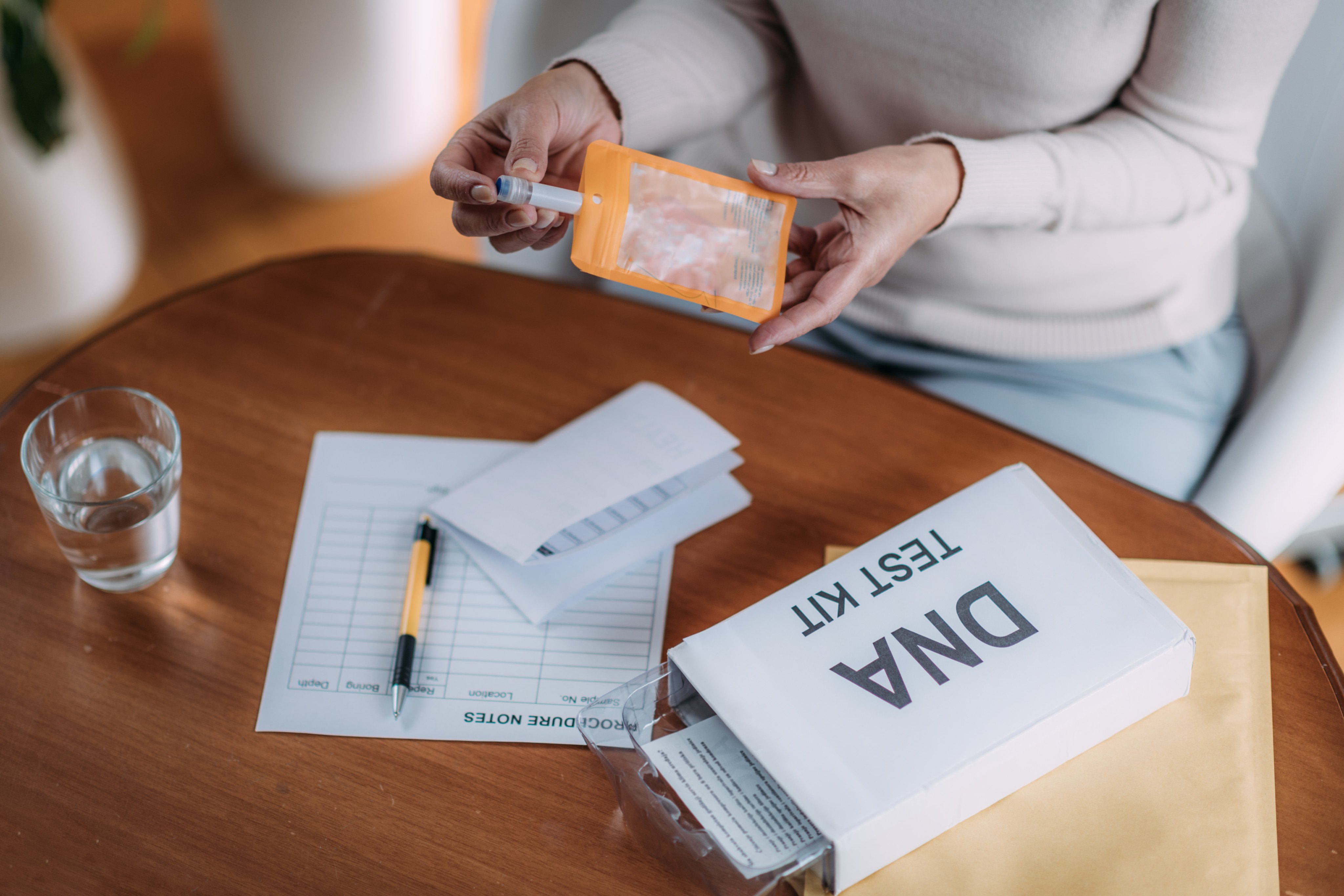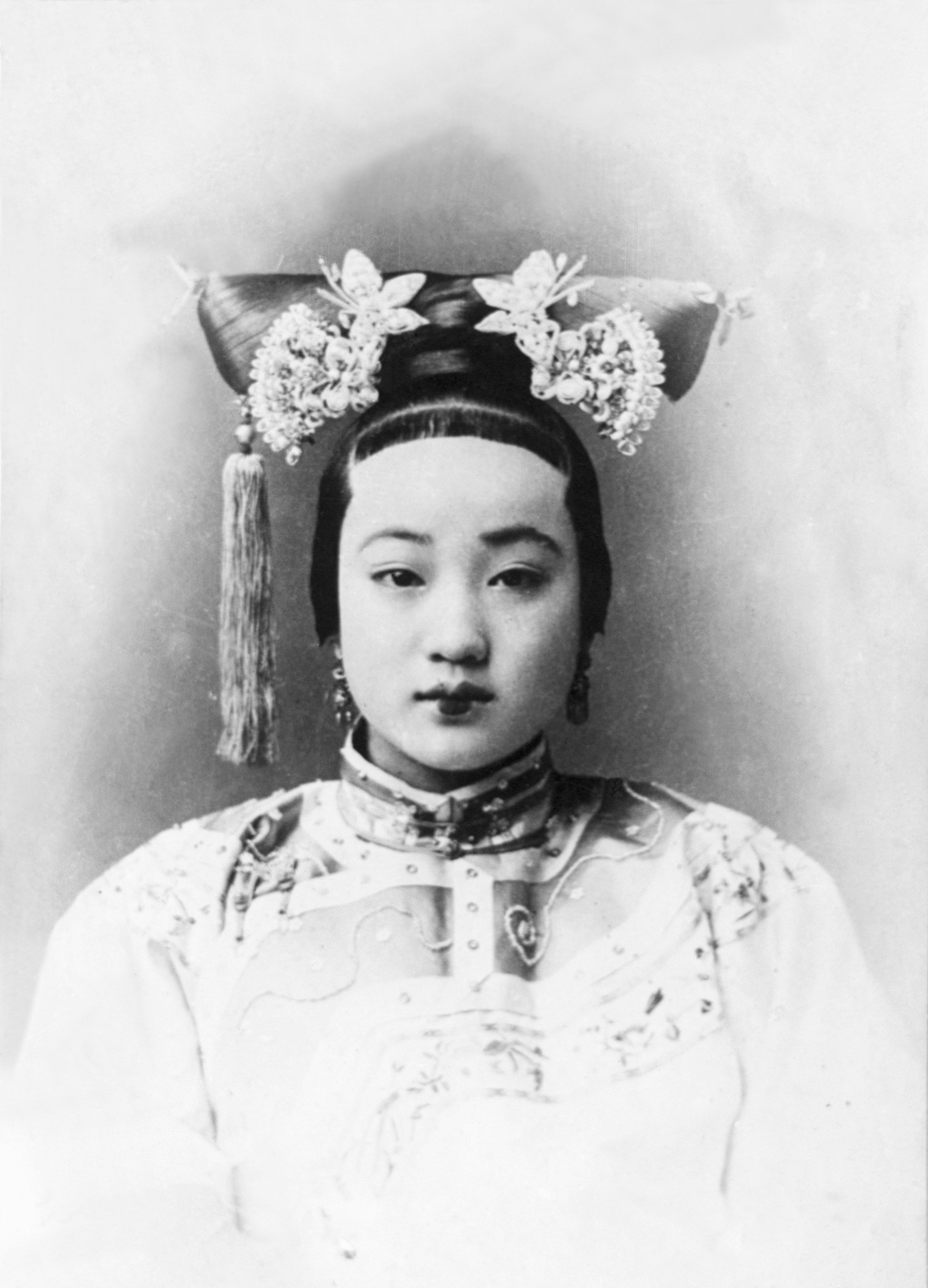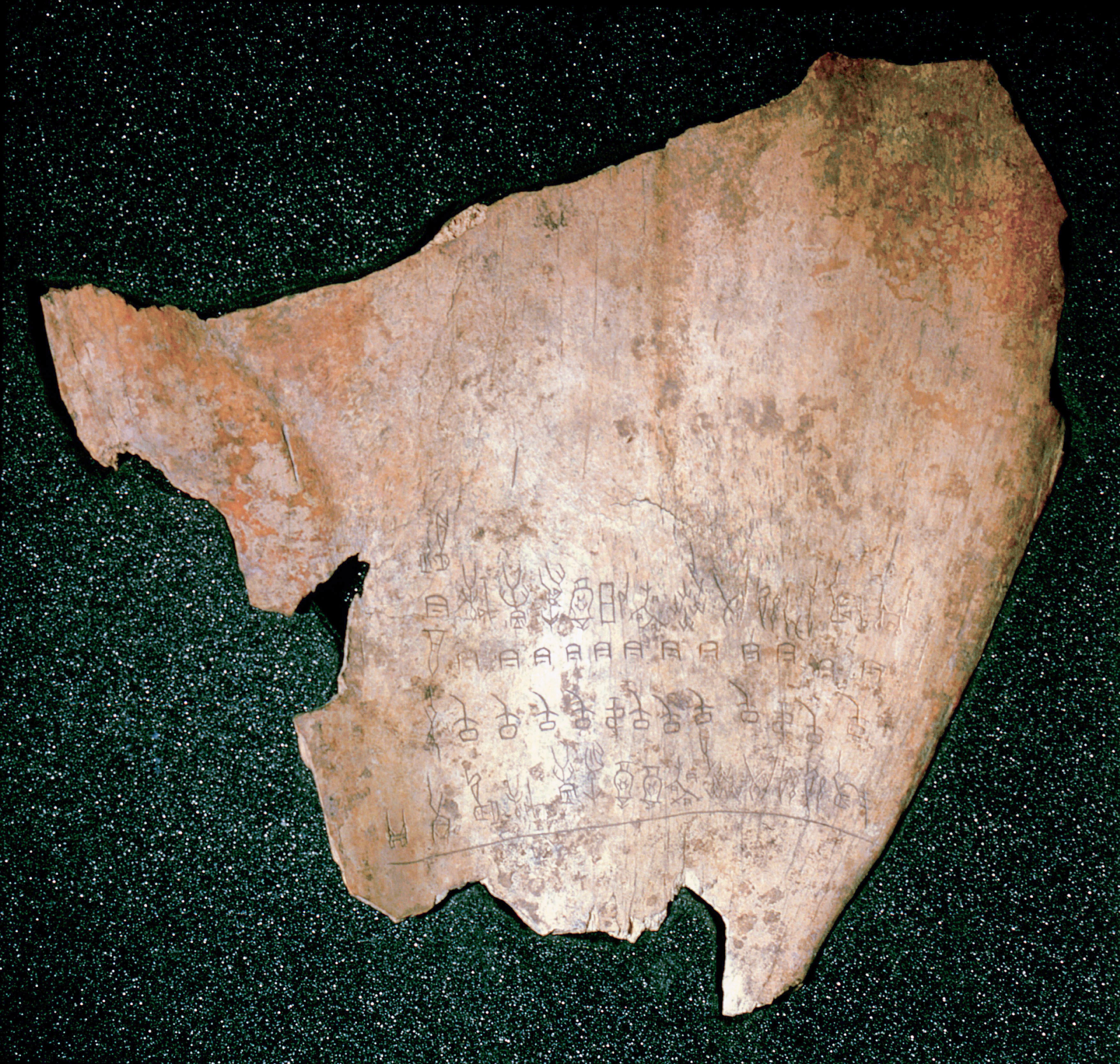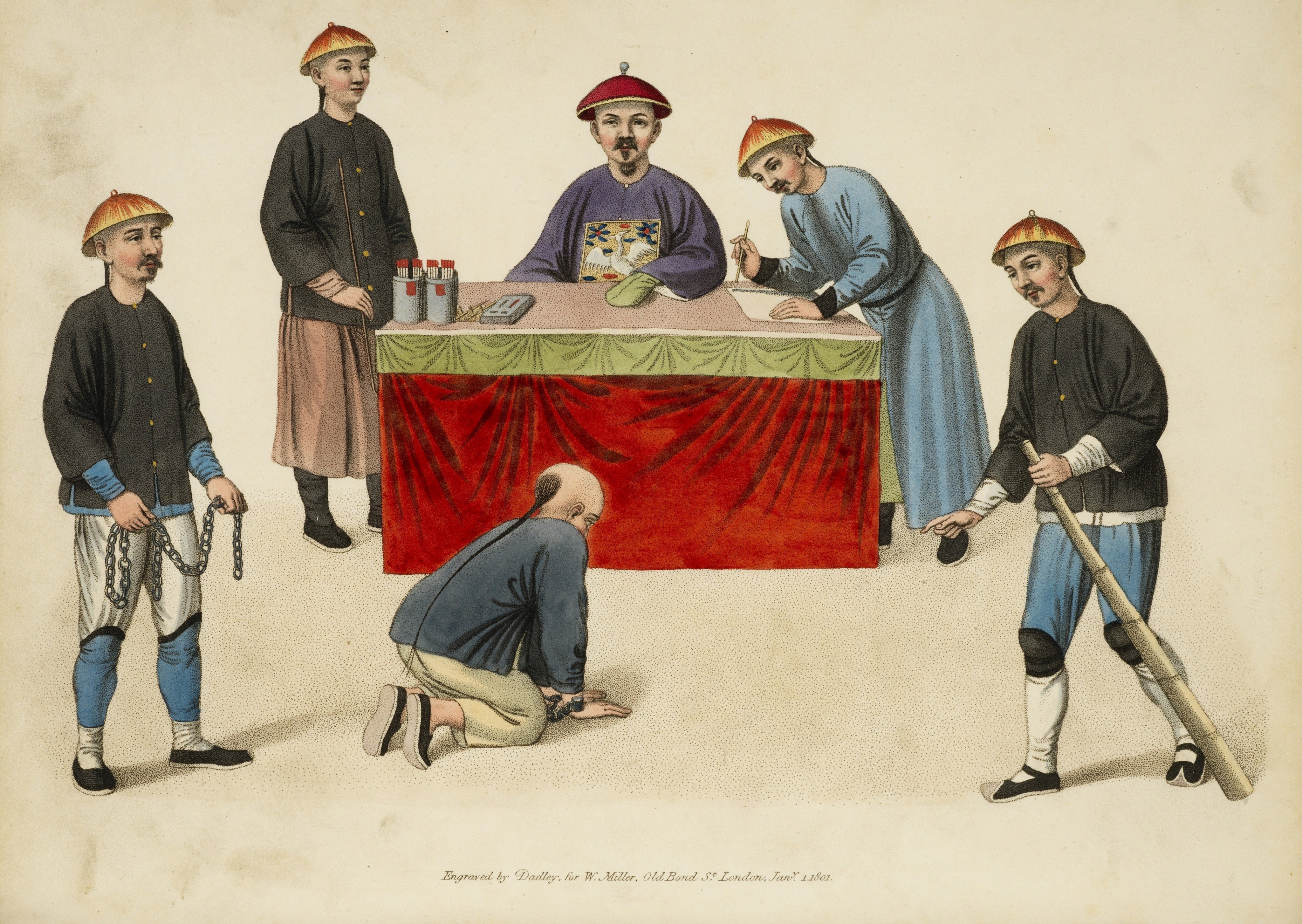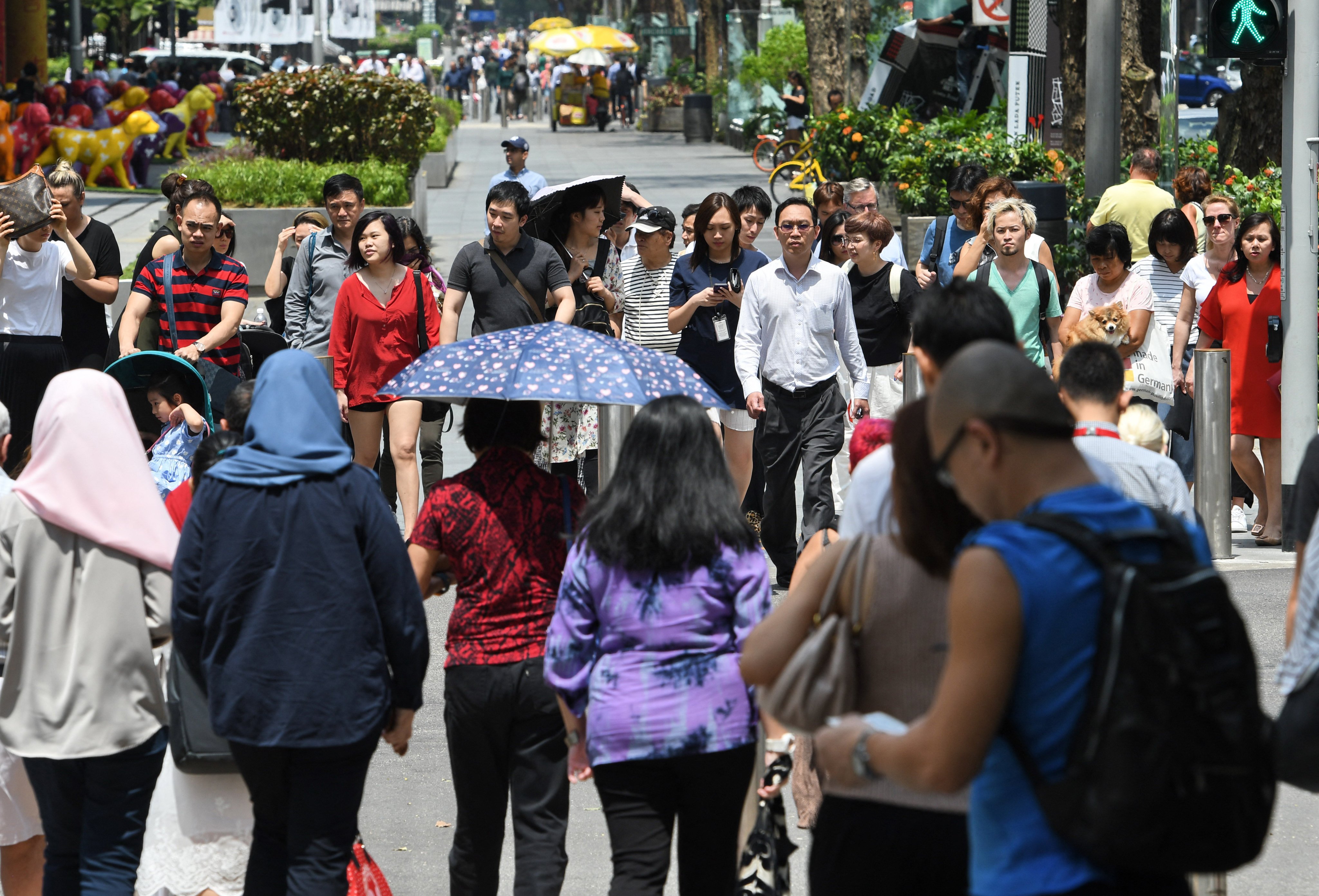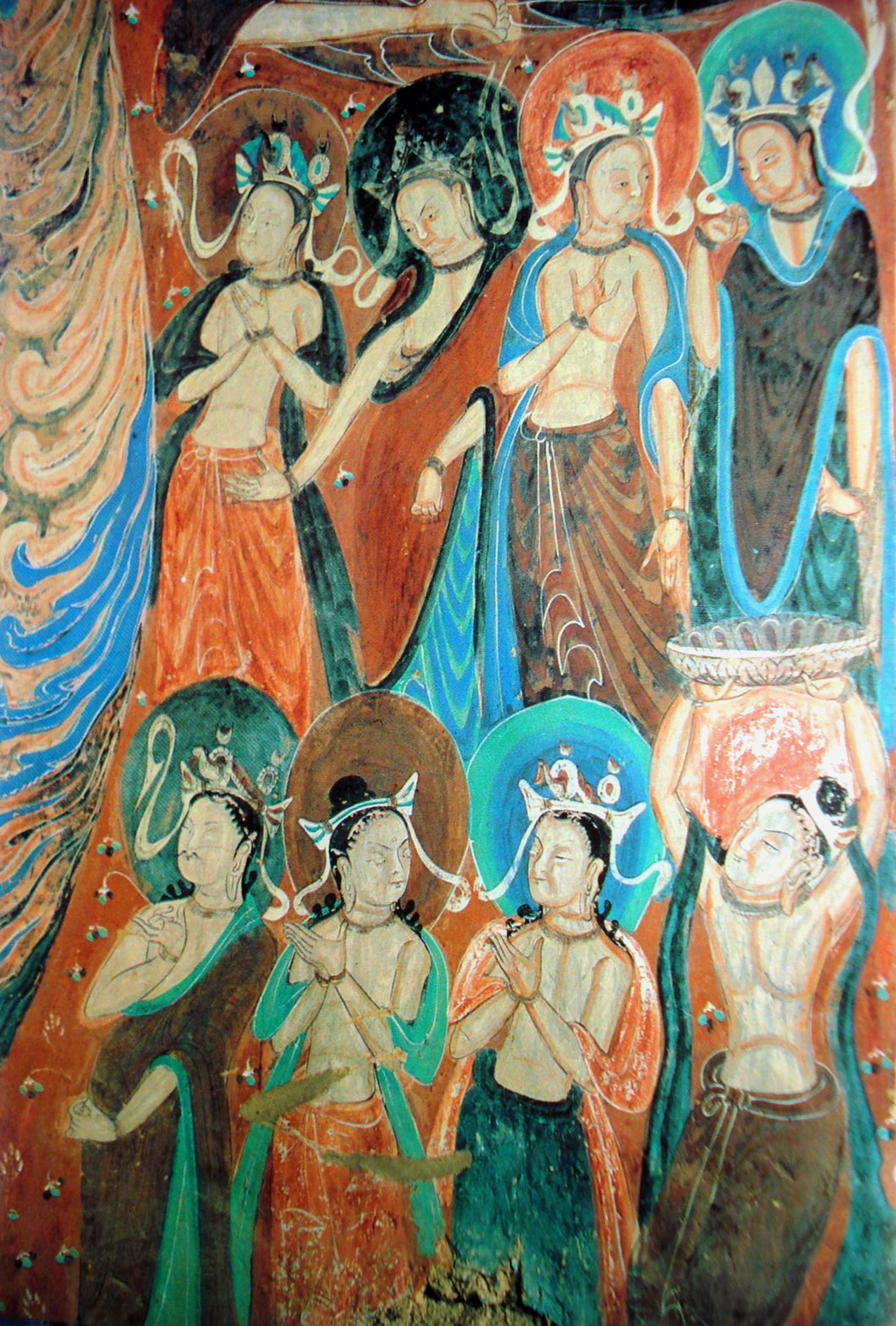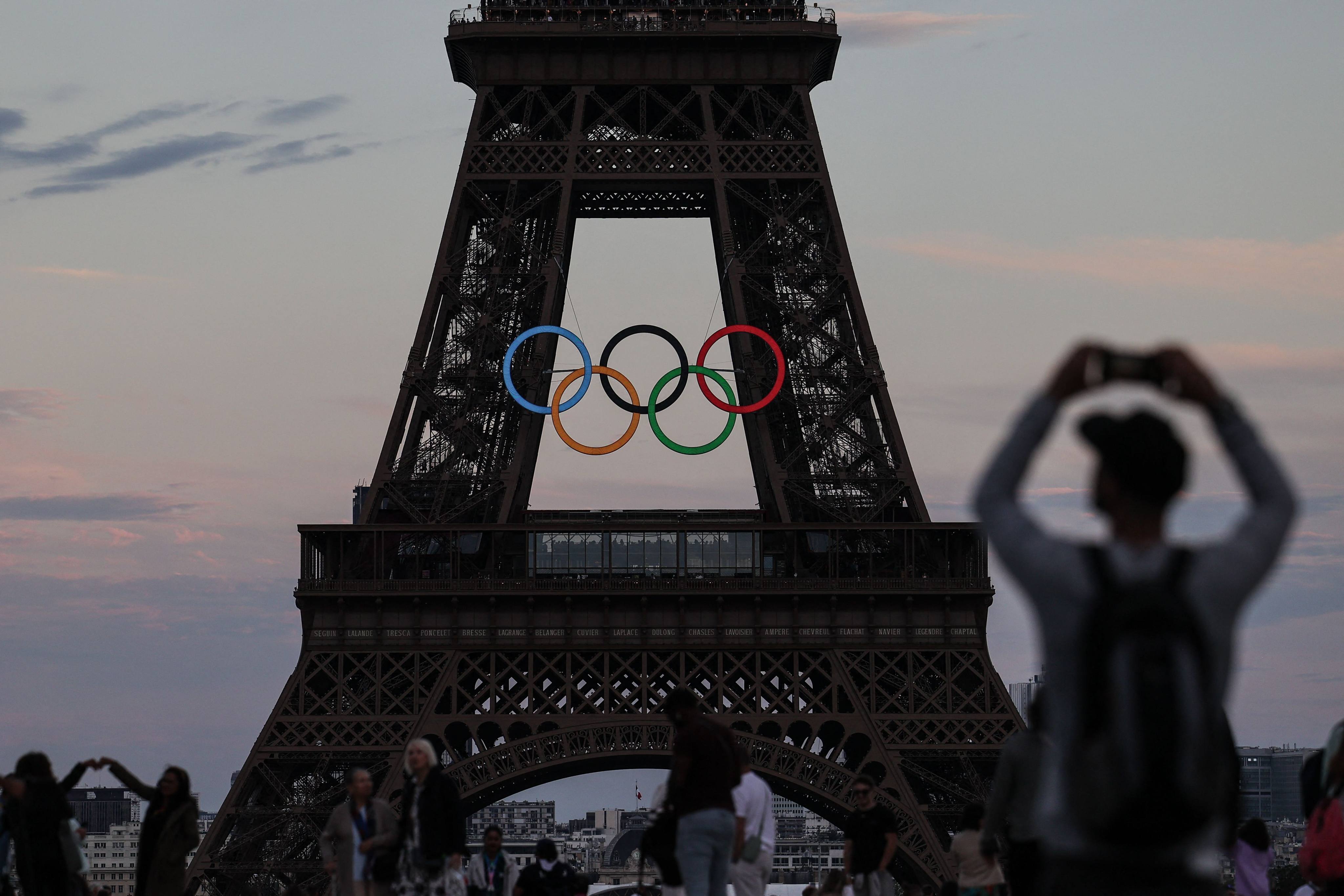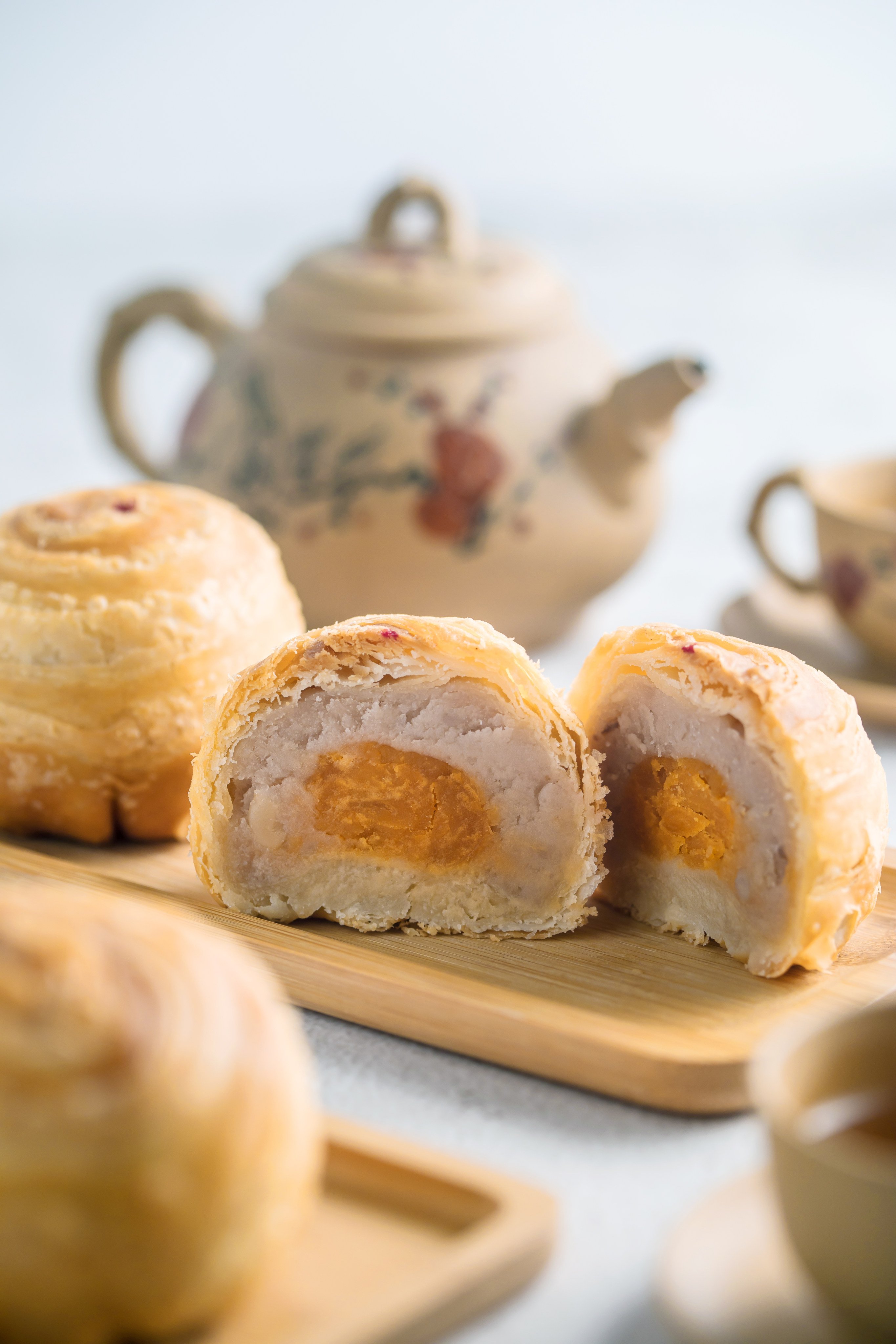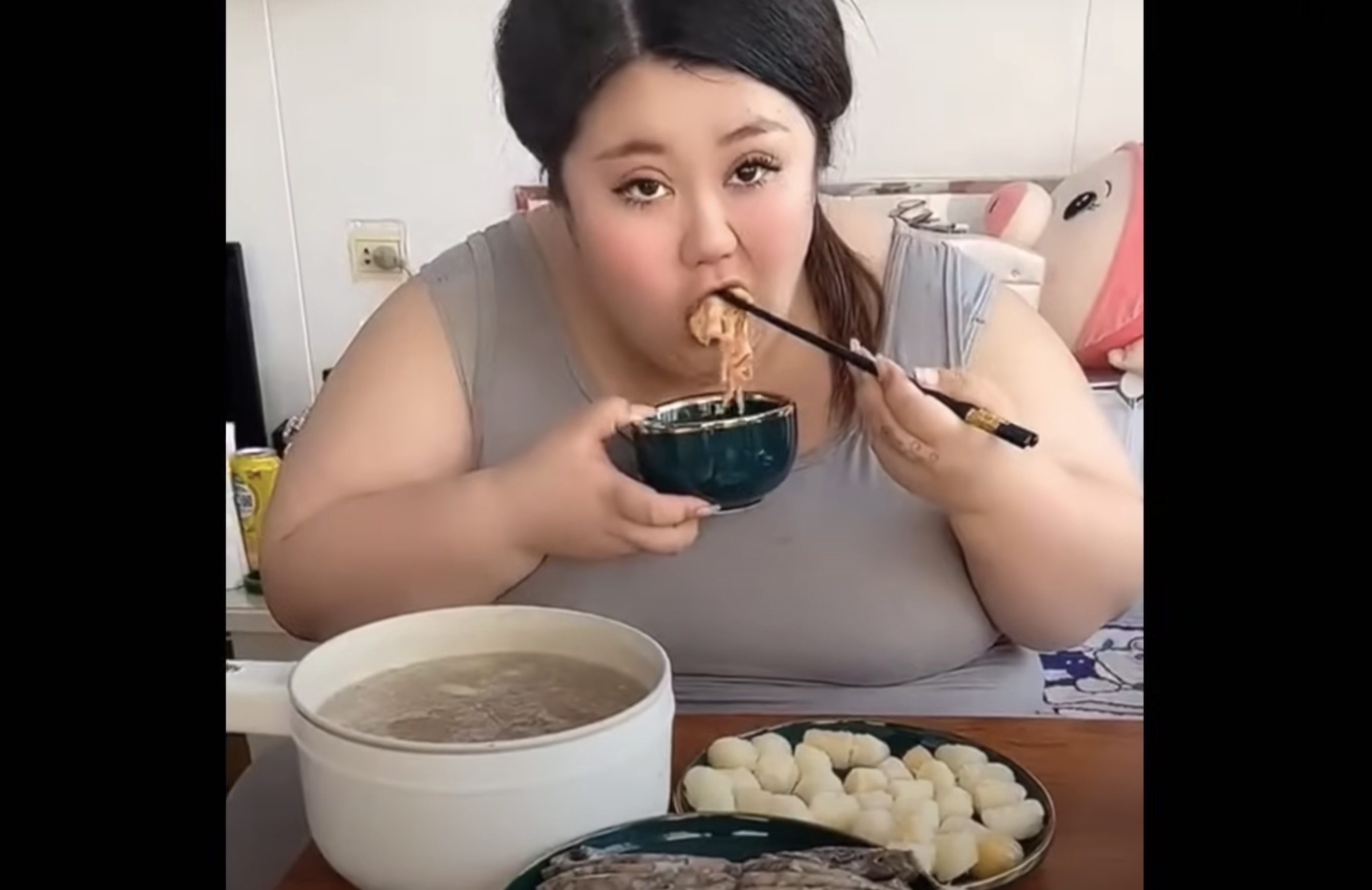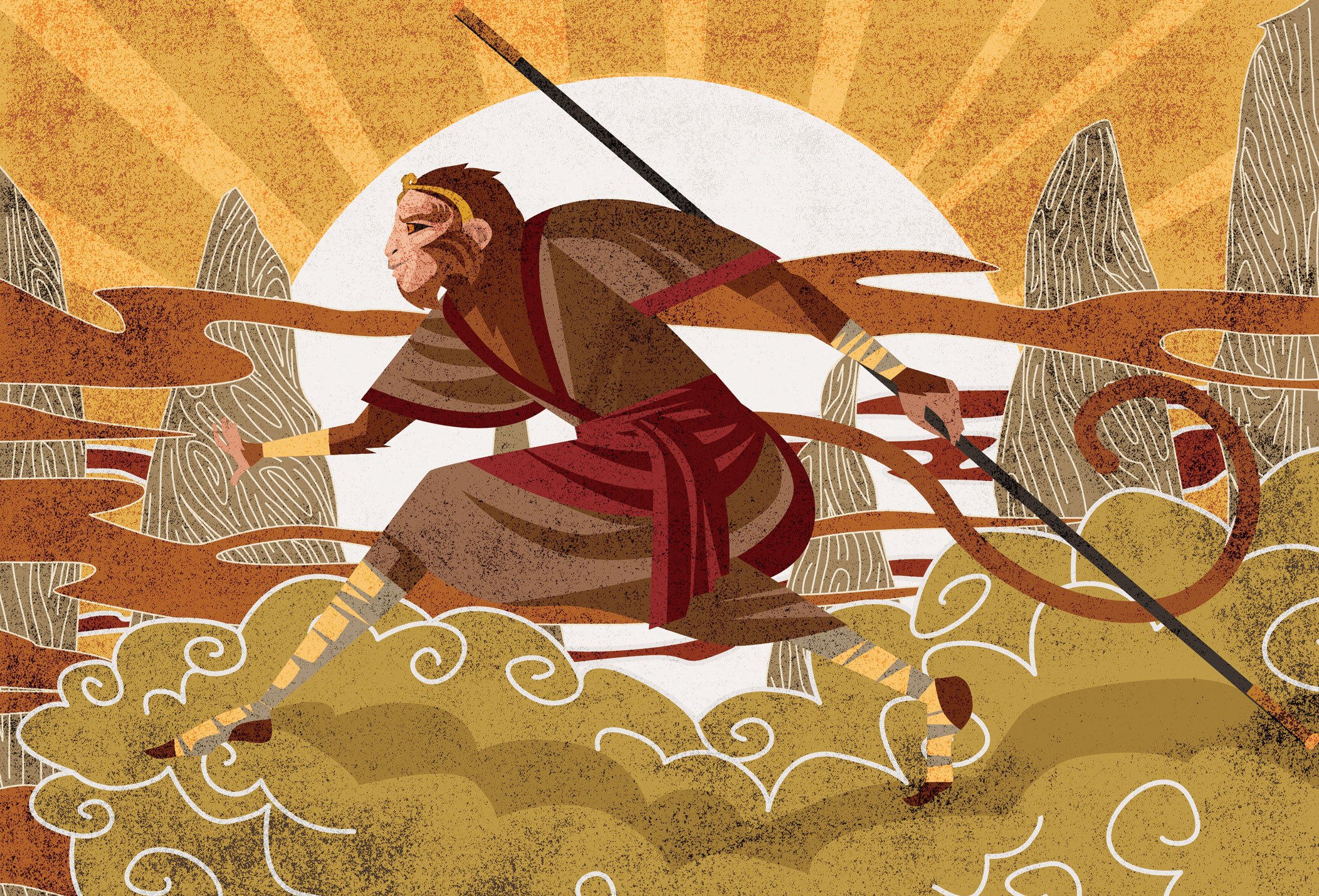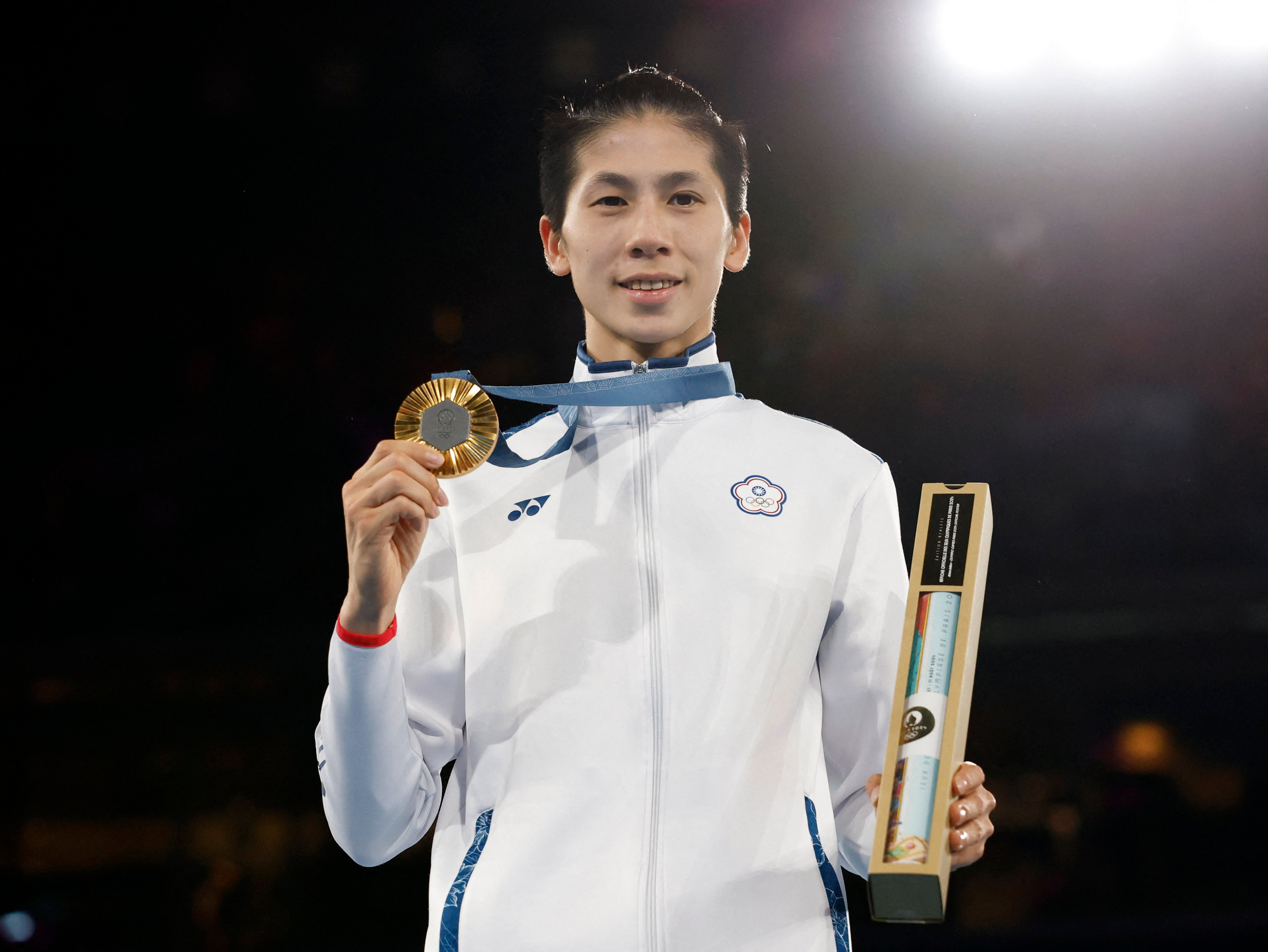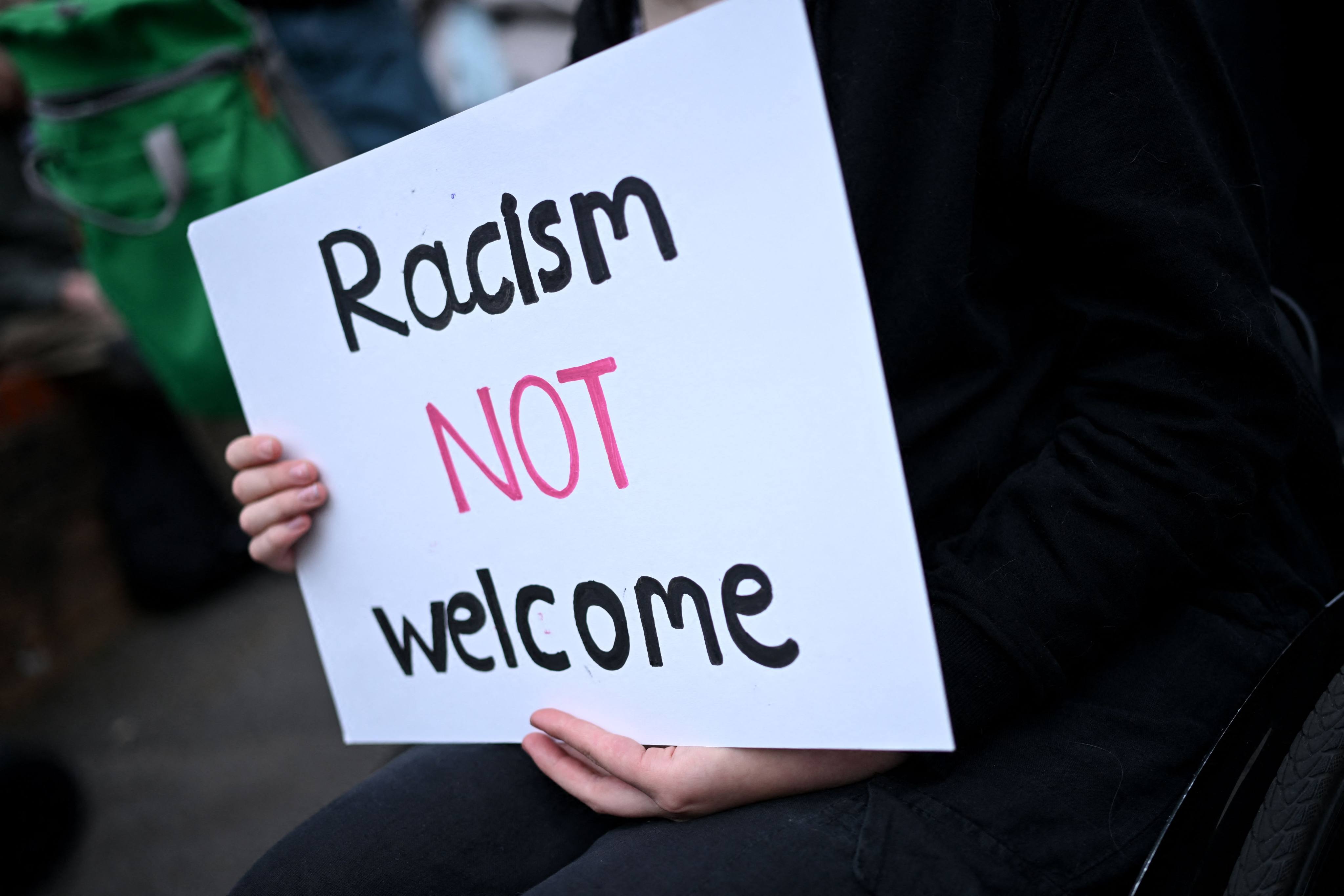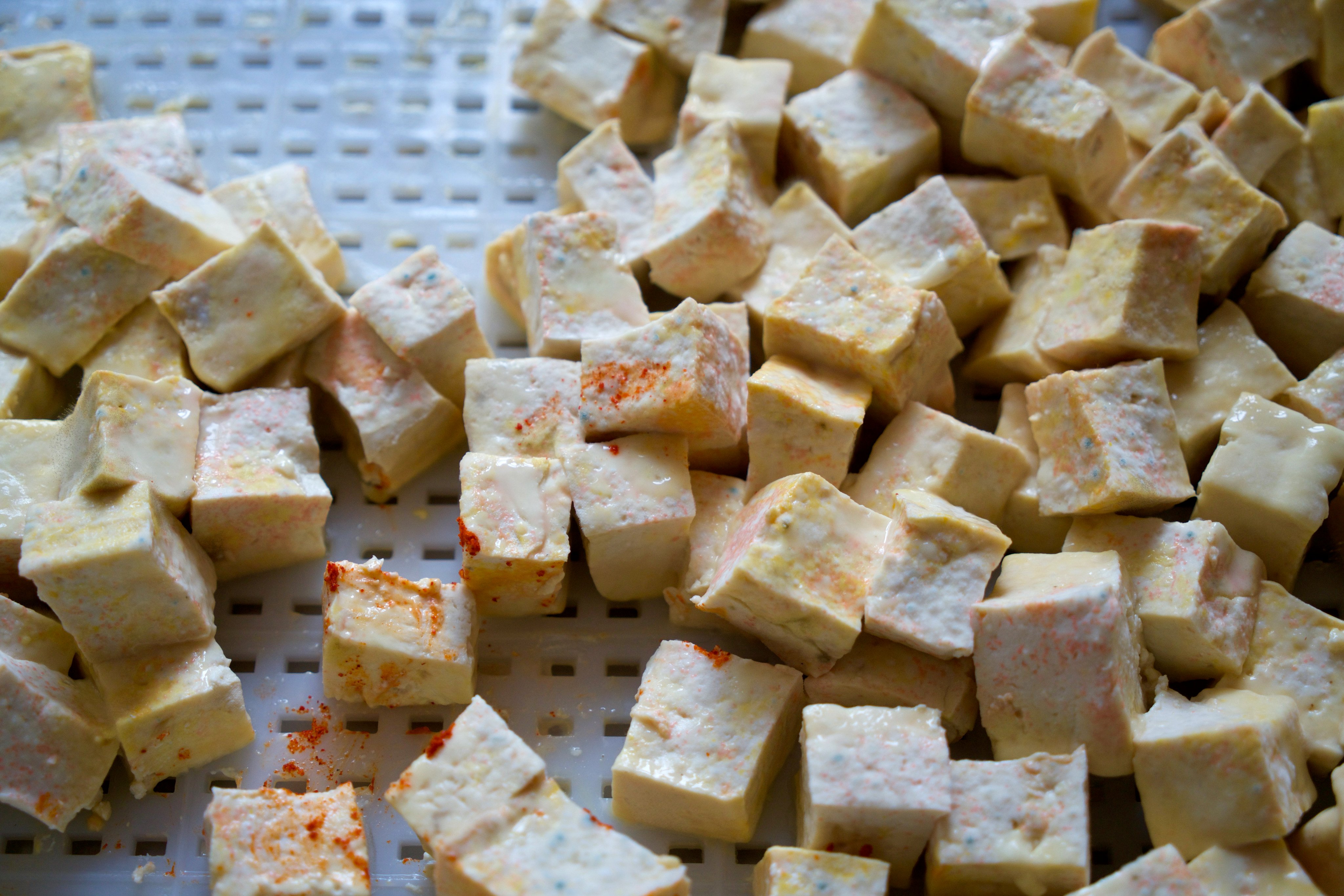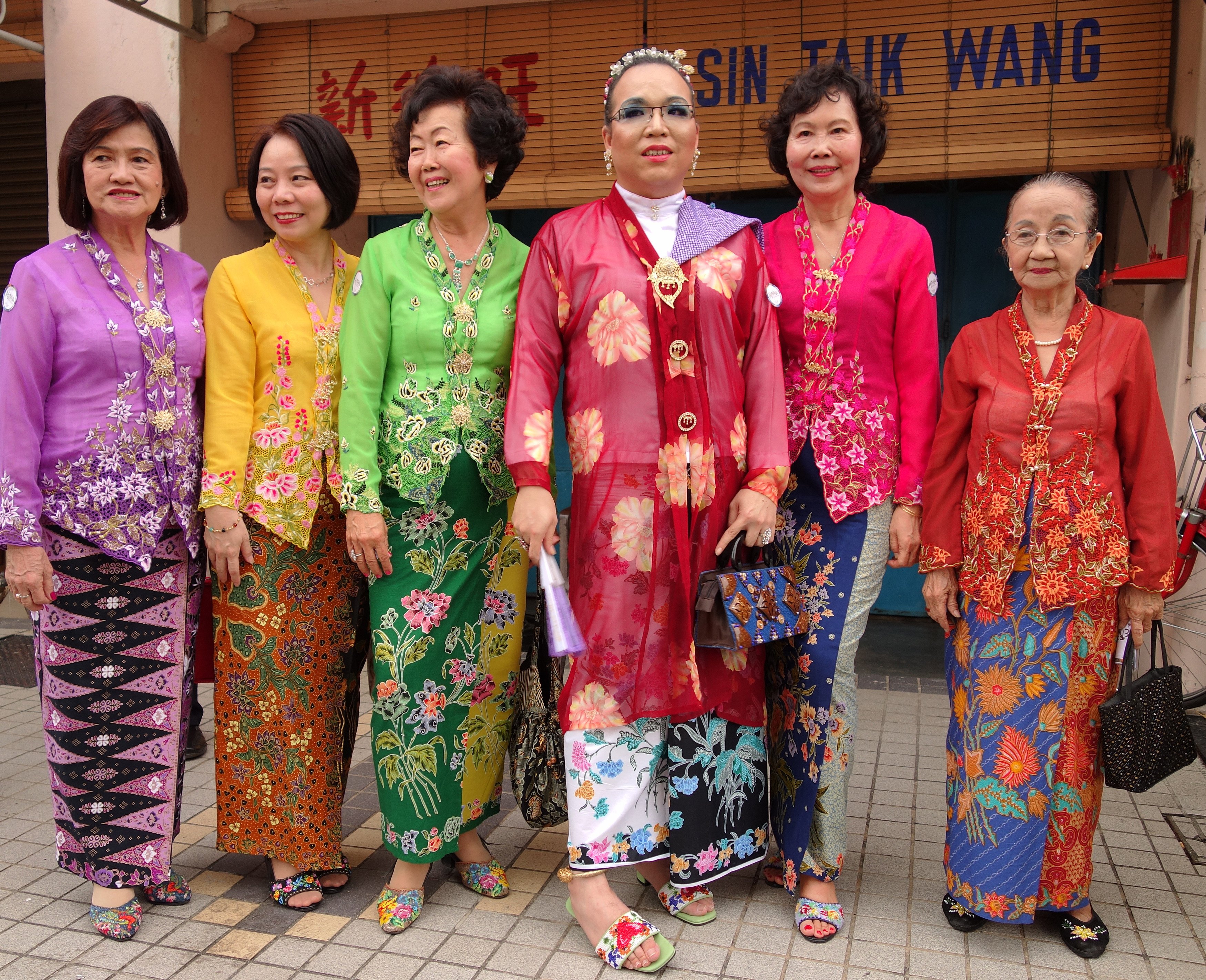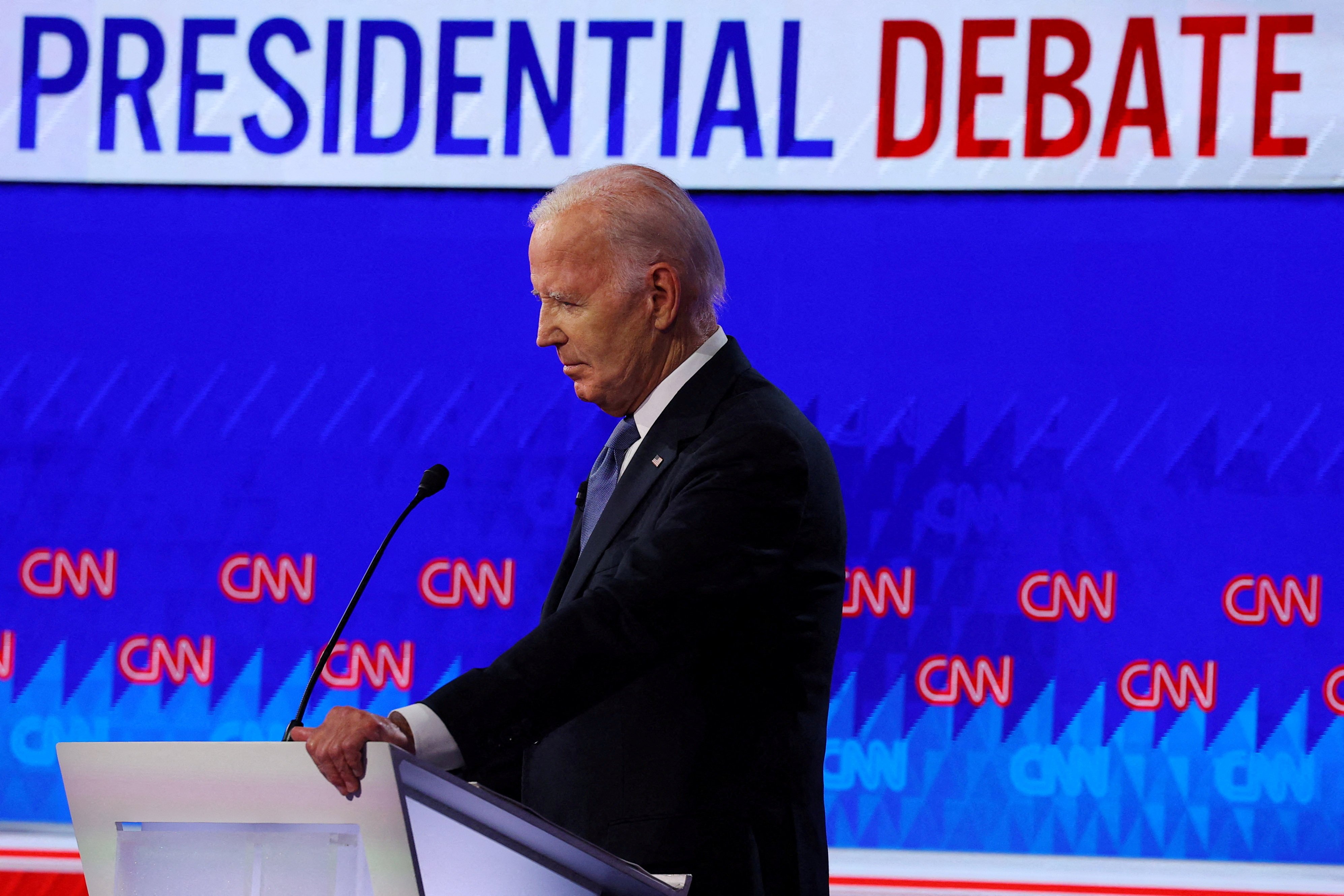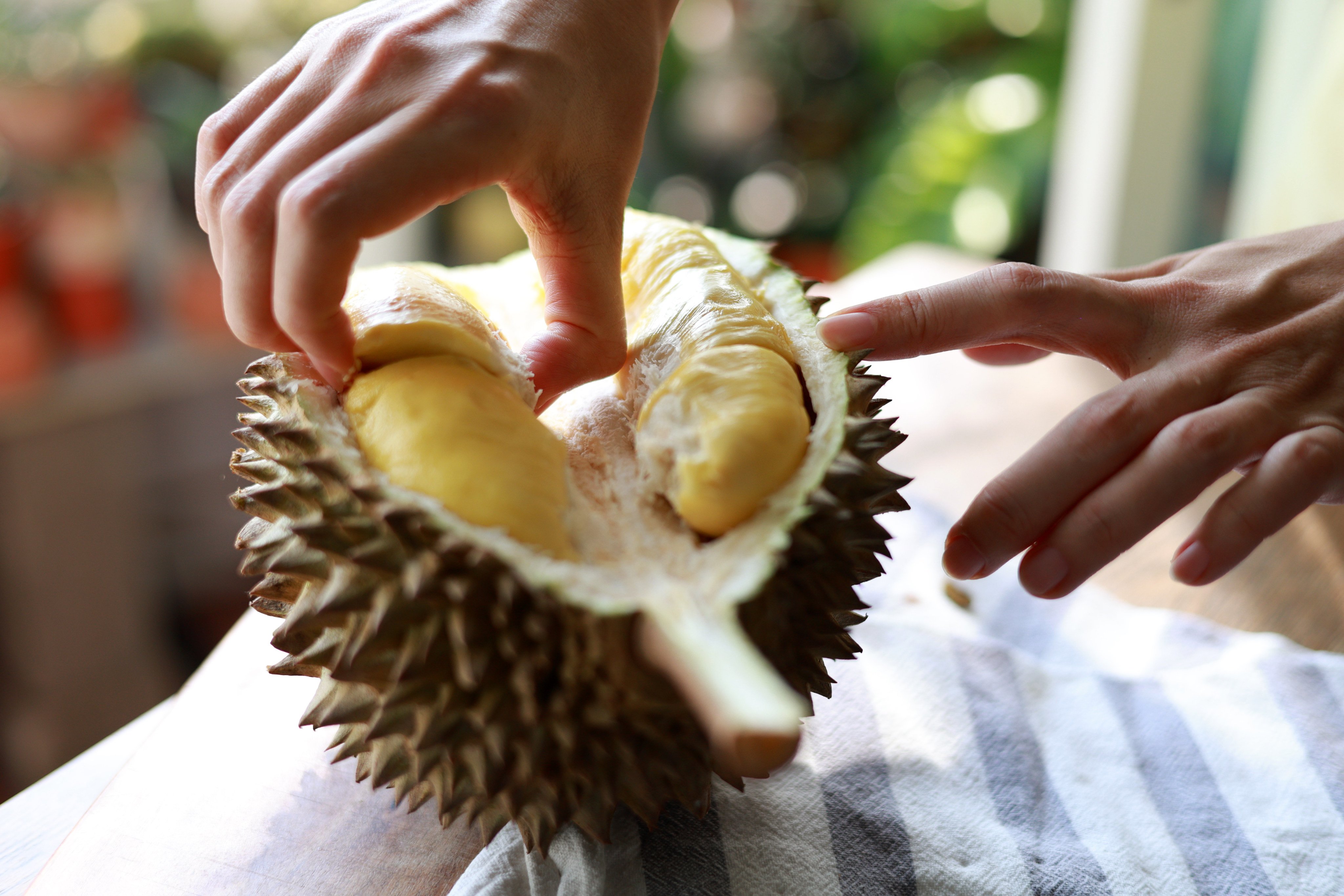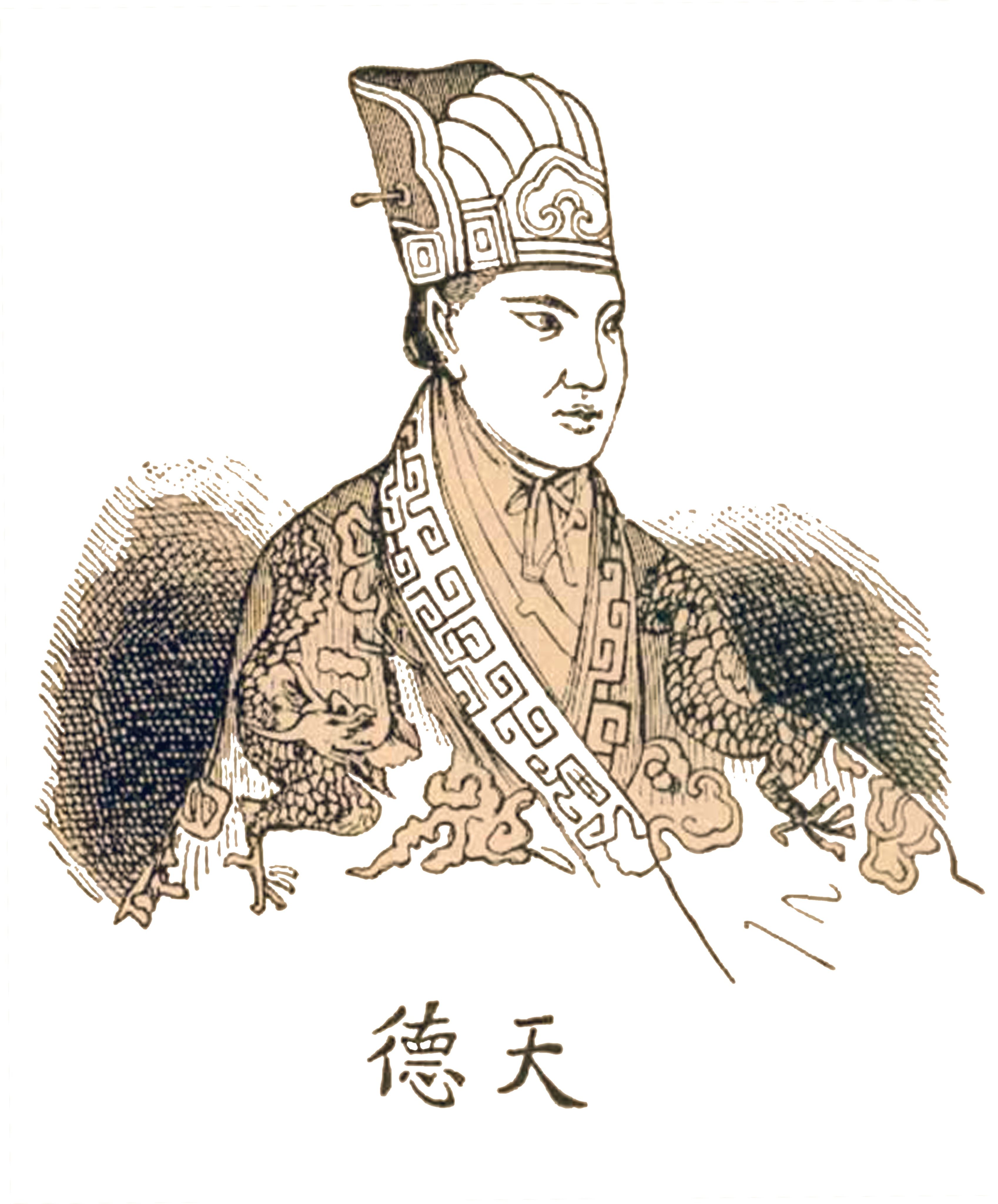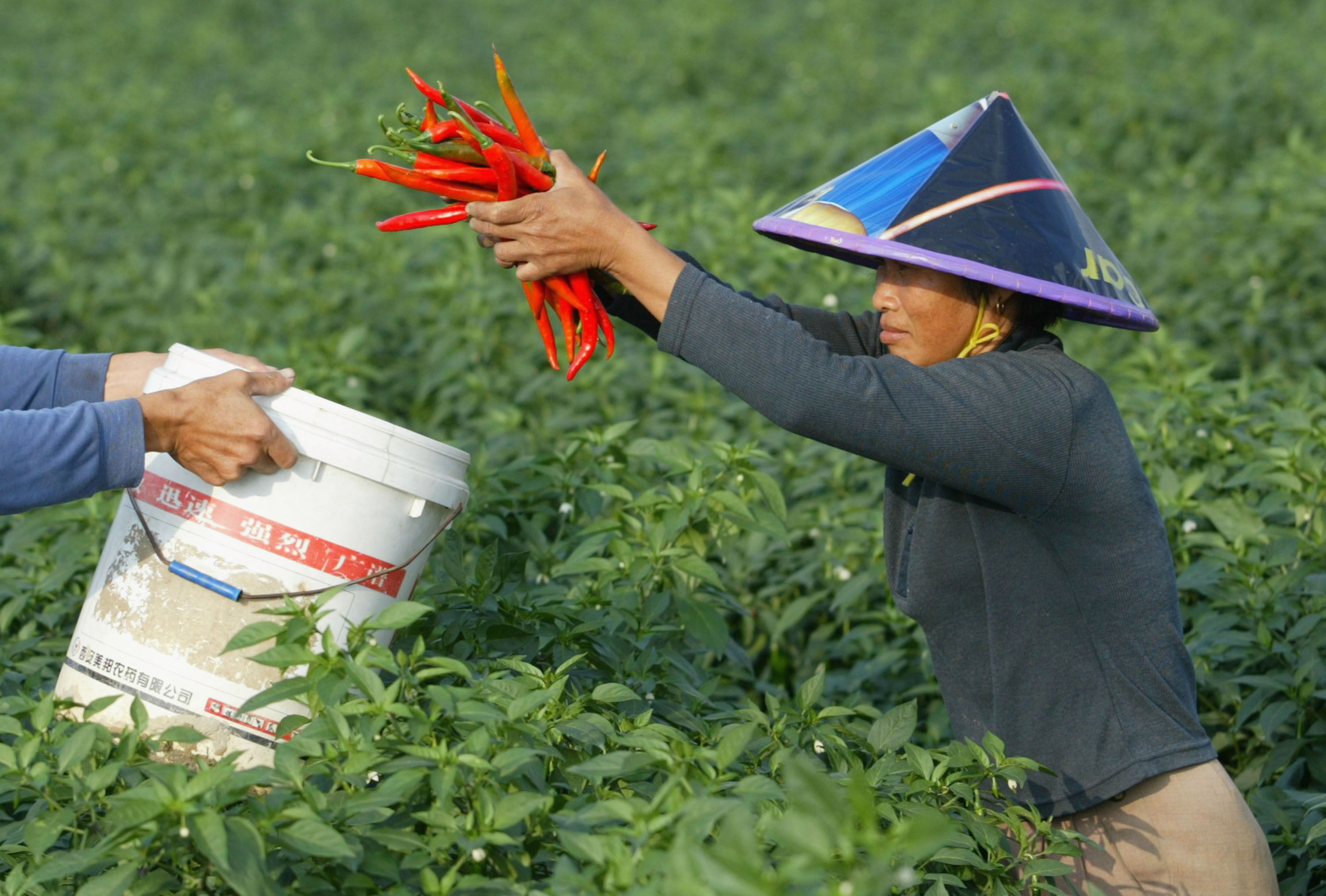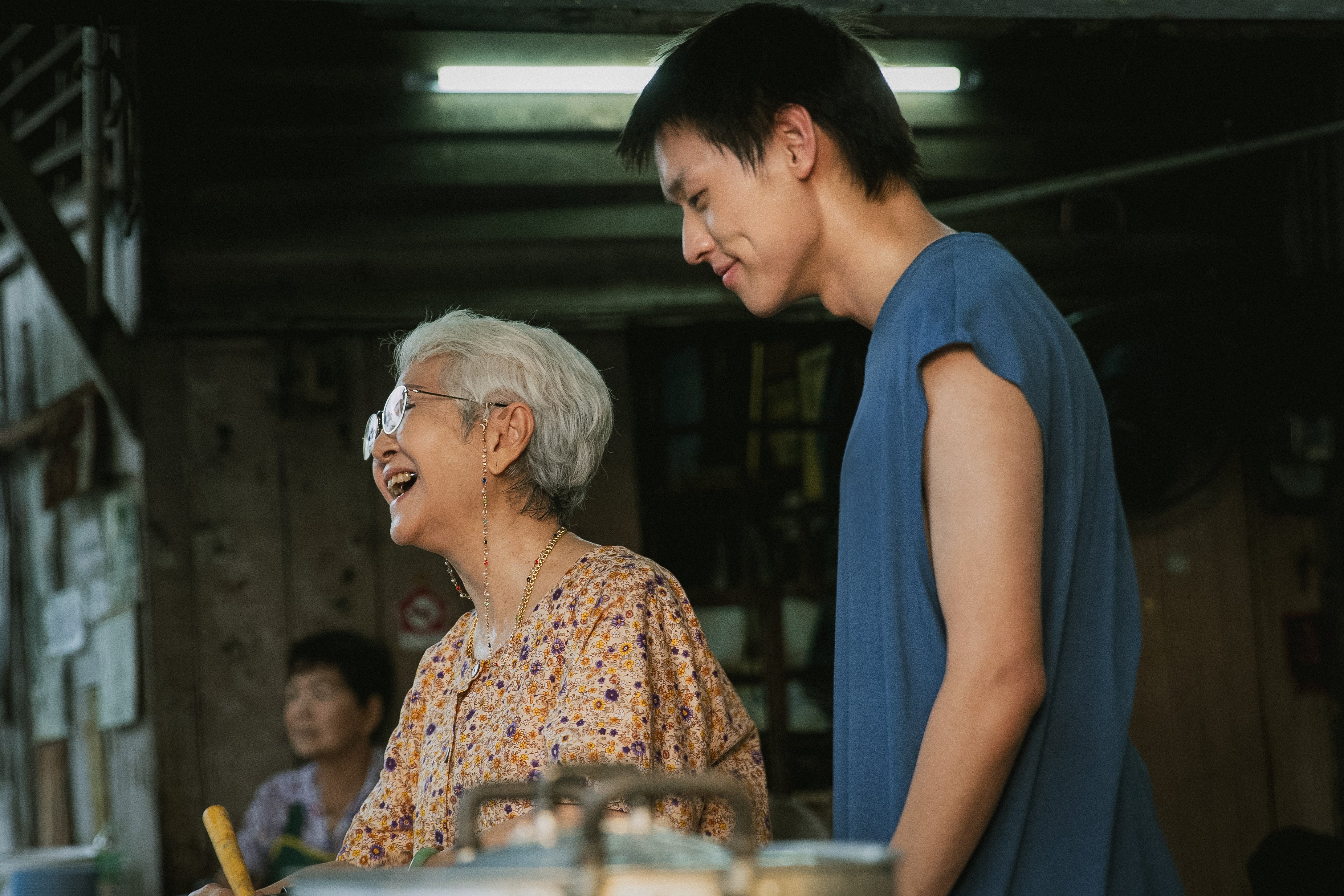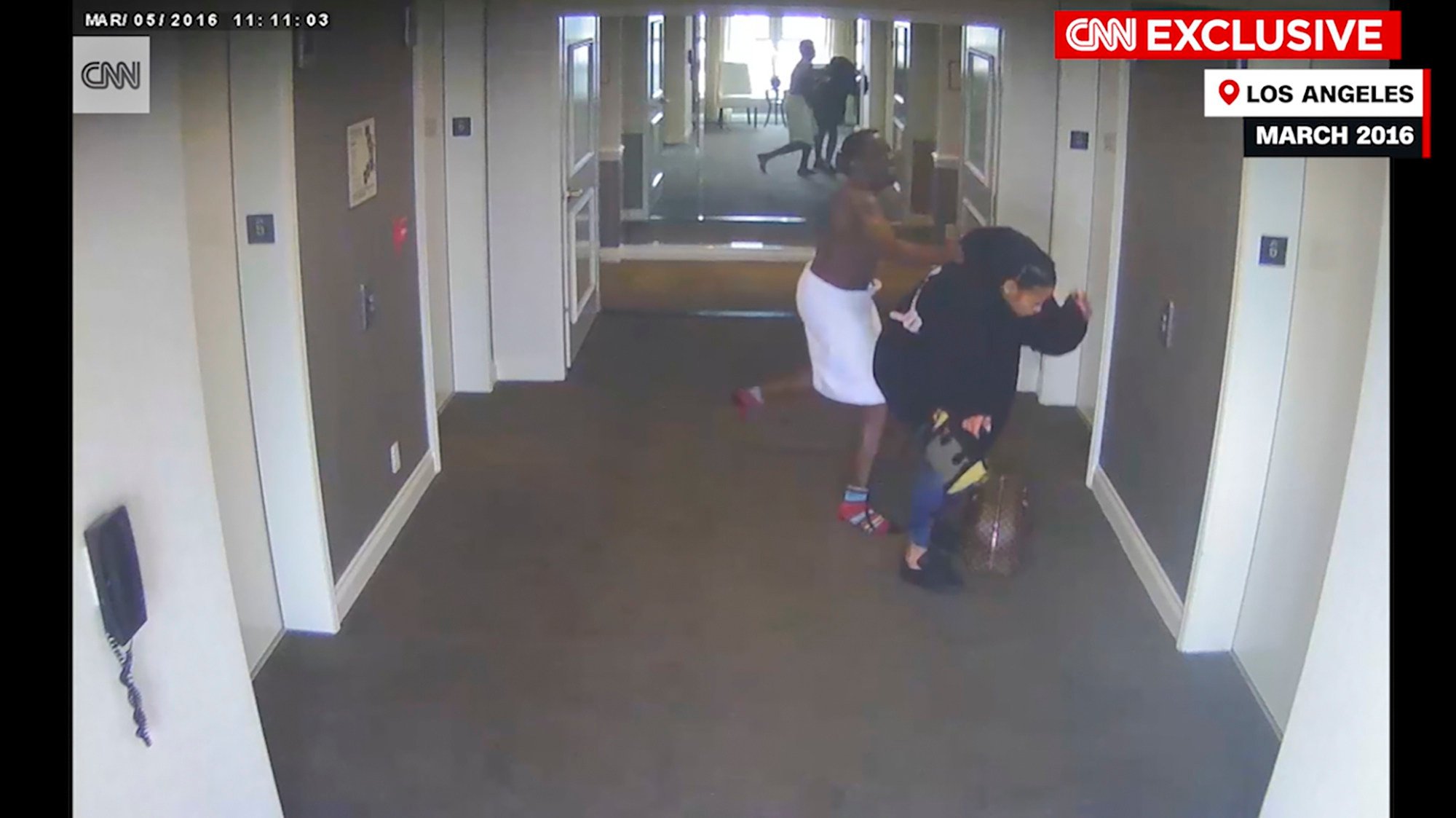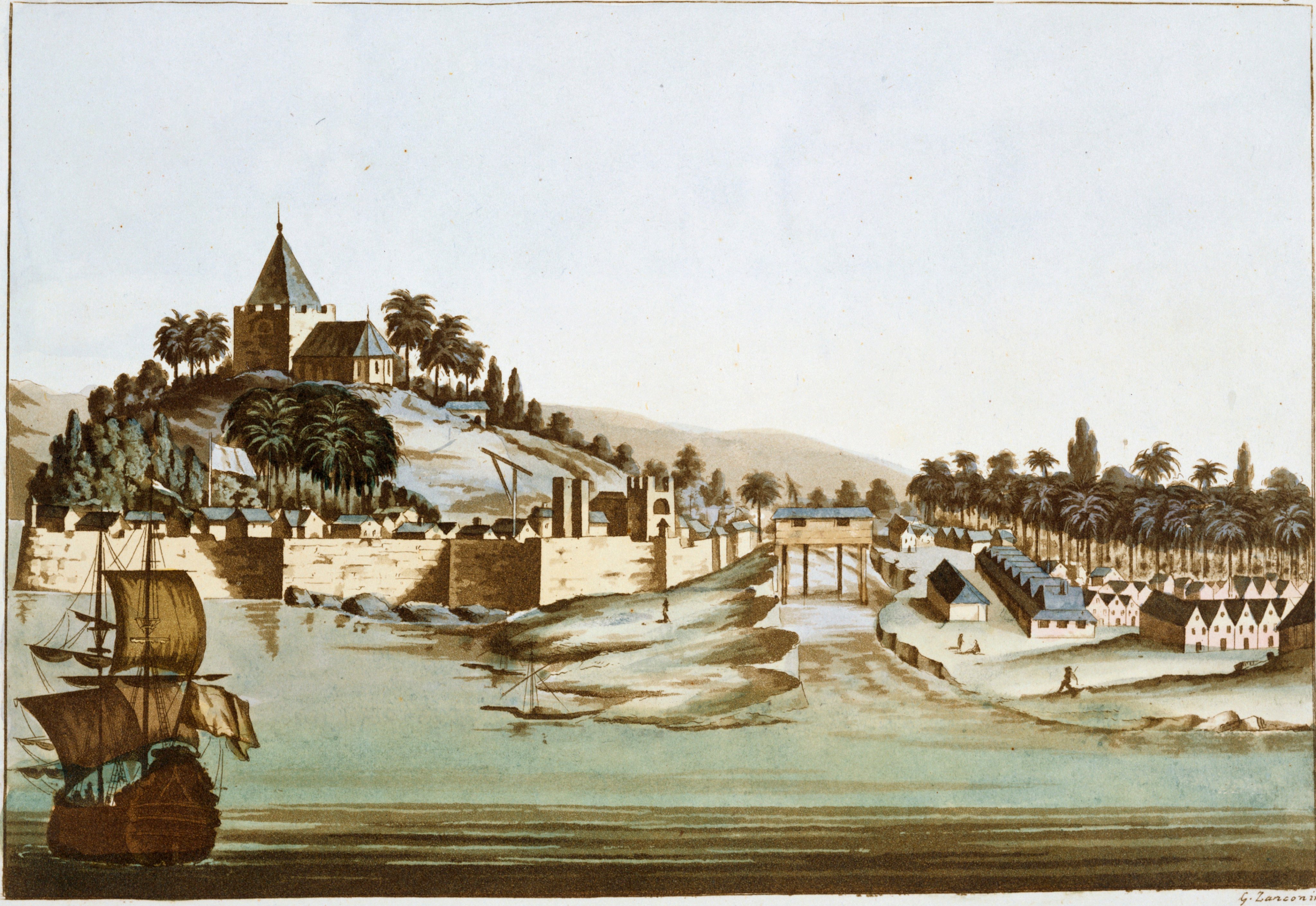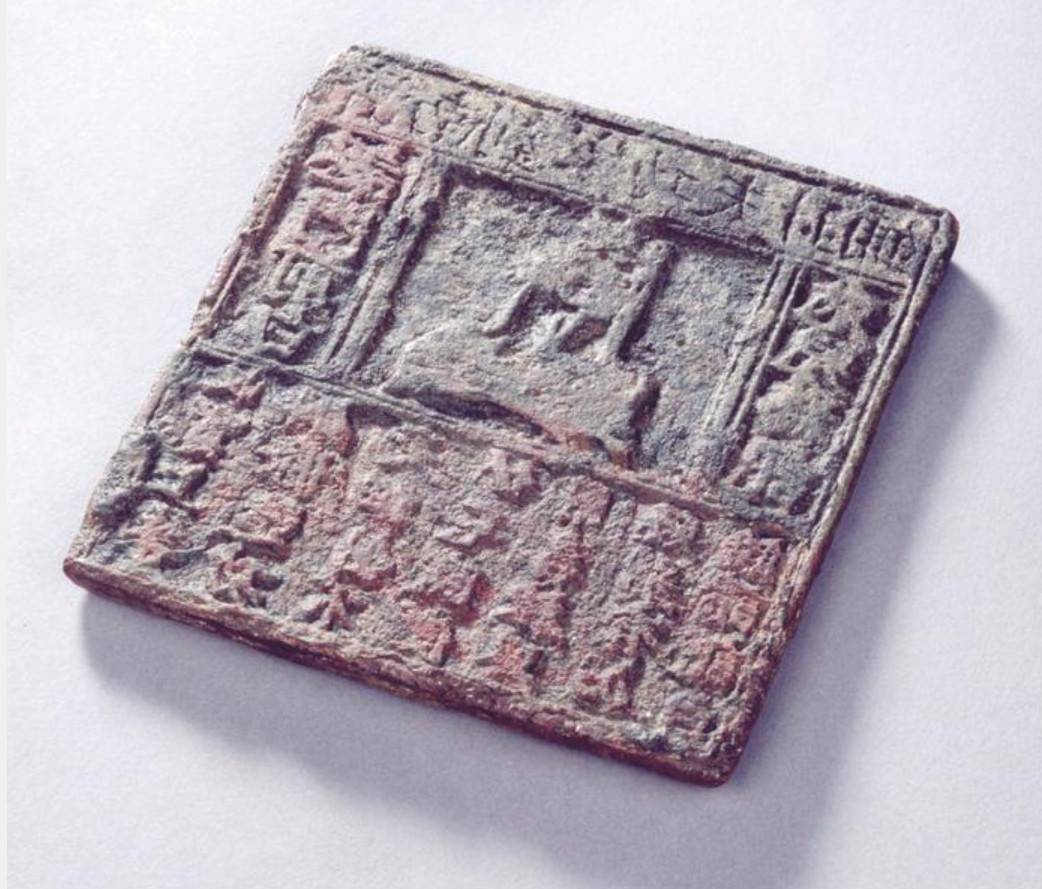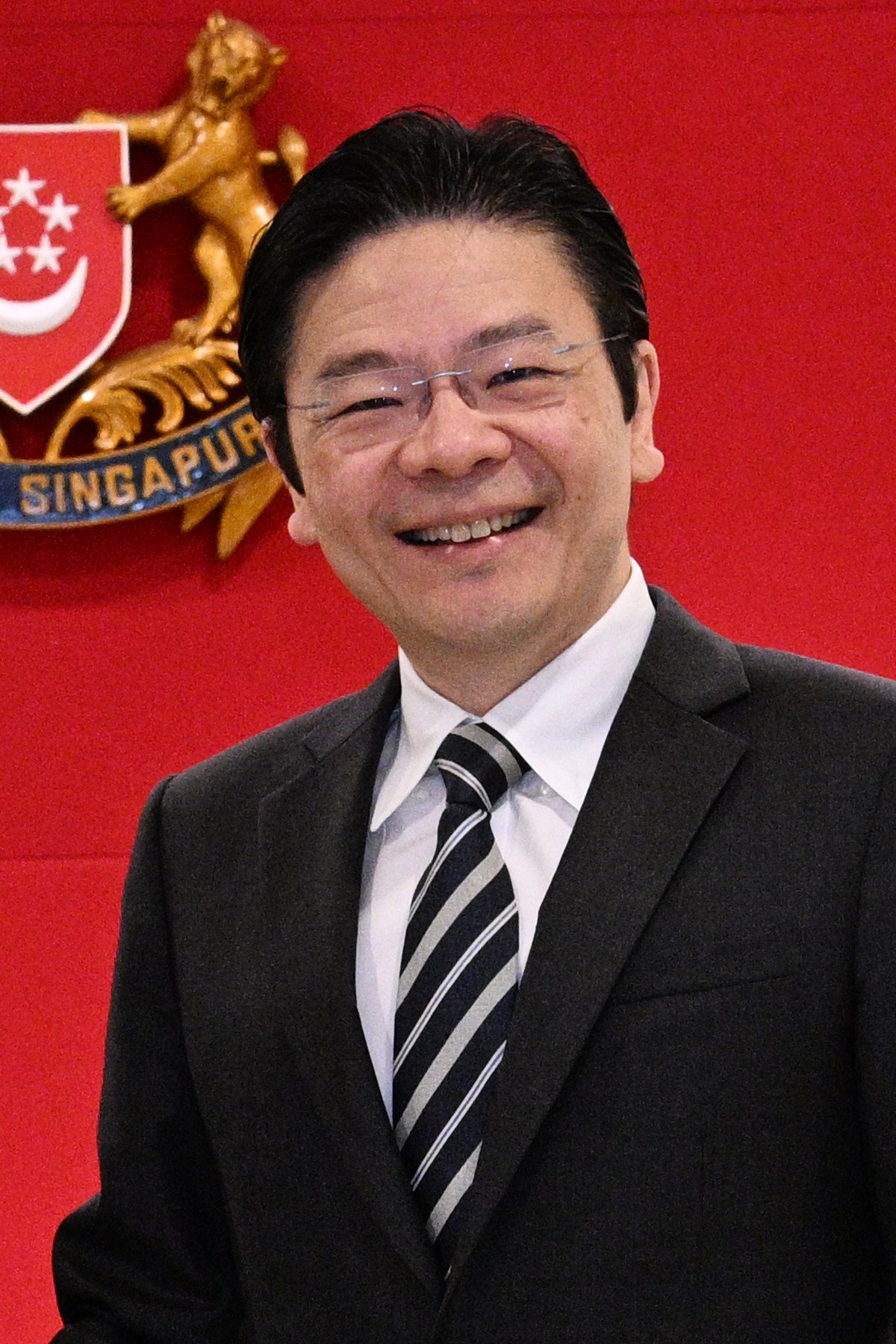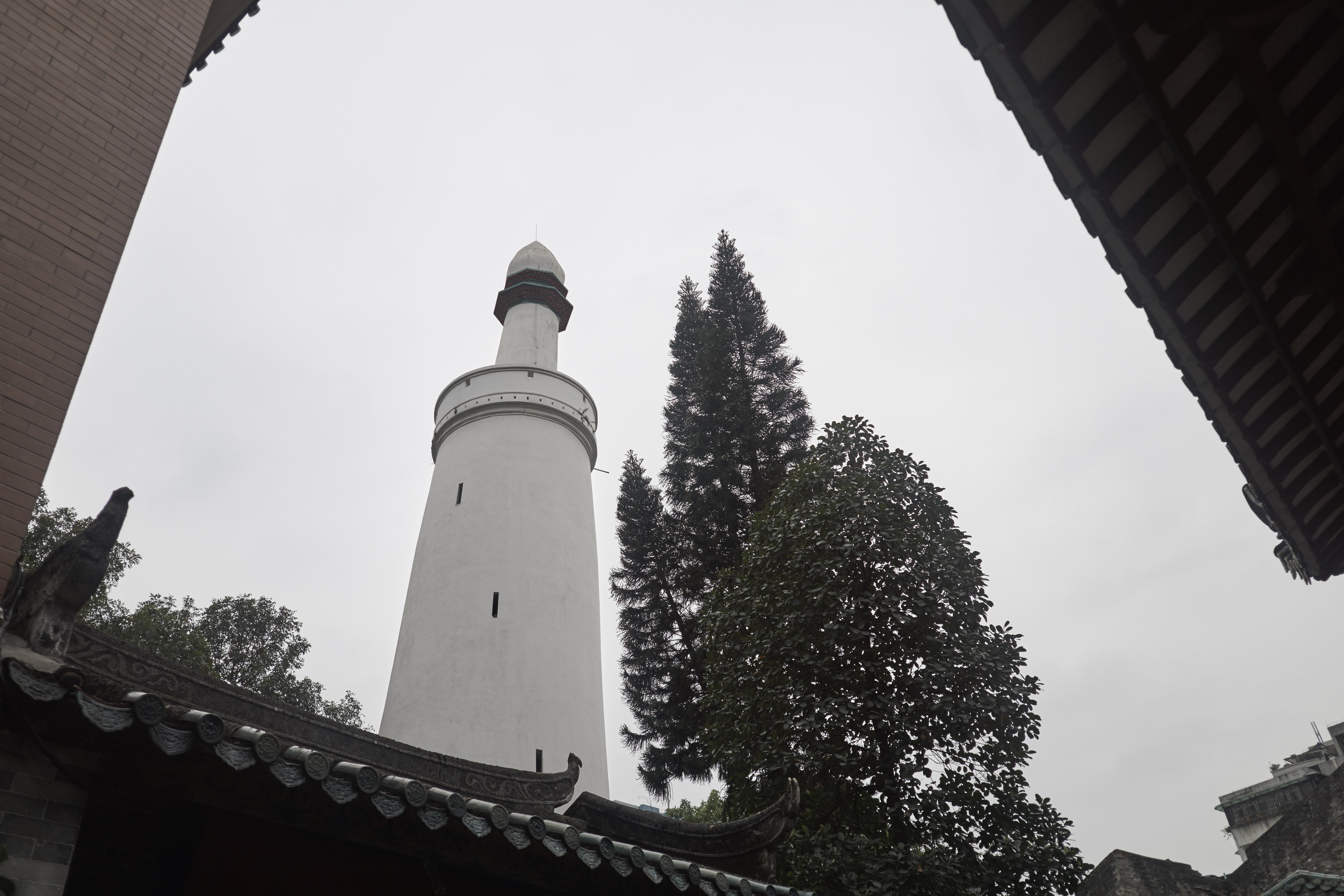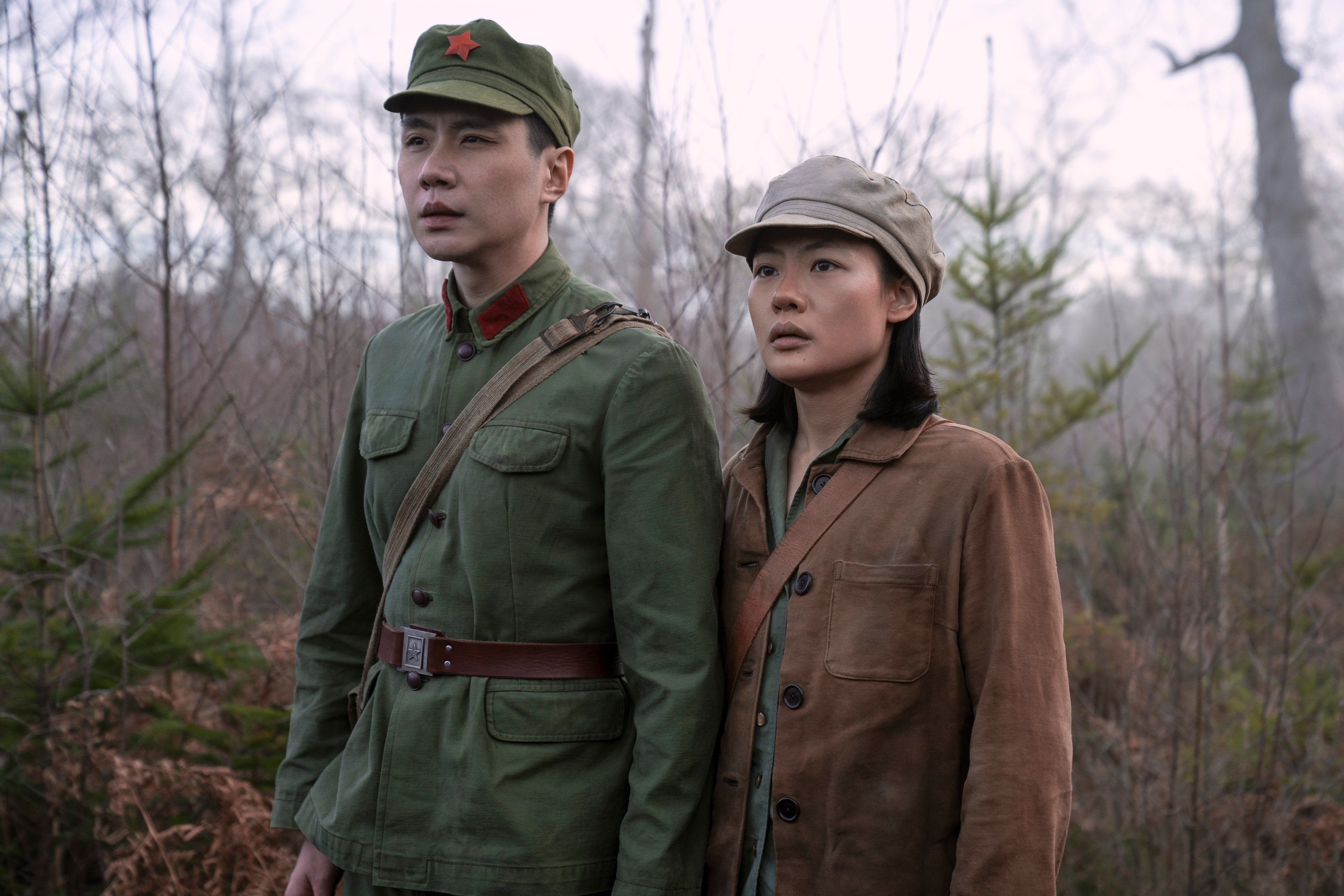Advertisement
Advertisement

Wee Kek Koon
Having lived his whole life in the modern cities of Singapore and Hong Kong, Wee Kek Koon has an inexplicable fascination with the past. He is constantly amazed by how much he can mine from China's history for his weekly column in Post Magazine, which he has written since 2005.
Wee Kek Koon had always known he was ‘not quite Chinese’ in terms of genetics and ancestry but his recent DNA test results still floored him.
In 1900 a scholar jumped in a Beijing well out of shame. A palace consort died in a Forbidden City well too. Was she ‘martyred’ or killed?
With the news that dinosaur fossils were found in Hong Kong, here is how China’s oracle bones changed our understanding of the Shang dynasty.
Accusations of cultural appropriation aimed at a Canadian brand’s boba tea don’t sit right in Asia, where ‘borrowing’ cuisines is normal.
Advertisement
In a case that shocked China 250 years ago, officials were punished for fraud involving donations in return for university places.
Yangshe Fu, Chinese history’s first recorded corrupt official, was killed after accepting a nobleman’s daughter as a bribe in a court case.
Chinese names were once pronounced according to a person’s local dialect. Thanks to standardisation and the pinyin system, this is changing.
Different faiths have coexisted more or less peacefully throughout Chinese history, with foreign religions accepted and later on Sinicised.
People with disabilities were celebrated for their achievements in China’s past. Paralympians today deserve to be better appreciated.
Eating Teochew mooncakes at Mid-Autumn Festival is a reminder of the Teochew people’s history of migration from China to Hong Kong and Southeast Asia.
Mukbang (streaming oneself overeating) is a popular online trend, although people have been gorging to impress for at least 2,000 years
The hit video game takes its premise from classic novel Journey to the West, which has had a profound influence on Chinese popular culture.
From Mr and Mrs Ho, the Murdochs and Macrons to historical Chinese figures including Sun Yat-sen, artists and poets, large age gaps in relationships are not uncommon.
The disputes over two boxers’ gender at the 2024 Olympics bring to mind a Chinese term that was once used to describe people with both female and male sexual characteristics.
The slaughter of ‘Semu’ people in China after the 14th-century Ispah rebellion highlights the ‘us versus them’ mentality evident in recent UK riots linked to the Southport killings of three girls.
Tofu was in Hong Kong headlines recently, but where does it come from? According to a widely quoted origin story, an emperor’s grandson in China 2,000 years ago created soy milk, and from it bean curd.
The Republican US presidential candidate survived an attempt to kill him, just as China’s Jiajing Emperor did. In 1542, palace maids tried to throttle him using a noose, for reasons unknown.
Early Chinese settlers in Southeast Asia gained from assimilating with locals, as did foreign migrants to China. They offer a positive example to Chinese in Singapore and Malaysia who fret over their heritage.
Whether Trump or Biden wins, they will be the oldest US president inaugurated. At 81, the Democratic candidate is the same age as China’s oldest imperial ruler when they gave up the throne.
Fifteenth-century Chinese voyager Ma Huan did not like the smell but loved the taste of the durian he ate in Sumatra. Today, the fruit is loved across Southeast Asia, Malaysia’s cultivars especially.
New religious movements are common. Followers of a Malaysian ‘Teacher’ worship a ‘Creator’. China’s Qing dynasty never got over its brutal military suppression of such a movement, the Taiping Rebellion.
The world has got used to eating spicy food – witness Denmark’s recall of too-spicy instant noodles. To think that centuries ago chillis were unknown to most Chinese, used instead of salt by ethnic-minority cooks.
How to Make Millions Before Grandma Dies, a film portraying a young man’s relationship with his grandmother, gets Wee Kek Koon thinking of his own, and of China’s grandmother rulers.
Israeli forces show a cruel disregard for the lives of Palestinian civilians in Gaza in their pursuit of Hamas fighters. Non-combatants are often slaughtered in war, as China’s history shows. Is it bloodlust?
China had laws against domestic violence in the second century BC, but the punishments for men and women abusers were far from equal, a state of affairs that continued into the 20th century.
Seeing Malacca in Malaysia today, it is hard to imagine the extent of its territory hundreds of years ago. The influence of its European colonists is well known, that of imperial China much less so.
Adverts are turning me off social media. They’ve been around a long time. A fake ad was recorded 2,700 years ago in China, and ads there 1,000 years ago were as sophisticated as some we see today.
When Lawrence Wong becomes Singapore prime minister his government will wield the real power. In imperial China, absolute monarchs appointed prime ministers but hesitated to share power with them.
An hour by high-speed train from Hong Kong, in Guangzhou, is the Huaisheng Mosque, which probably dates from the 10th century, some three centuries after Muslims began settling in the city.
(Spoiler alert) A character in Netflix’s 3 Body Problem brings to mind a Chinese military leader who has been vilified as a traitor for nearly 400 years for allowing Manchu troops to overrun China.

